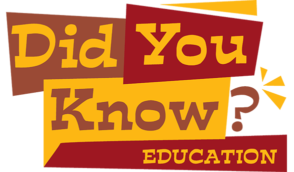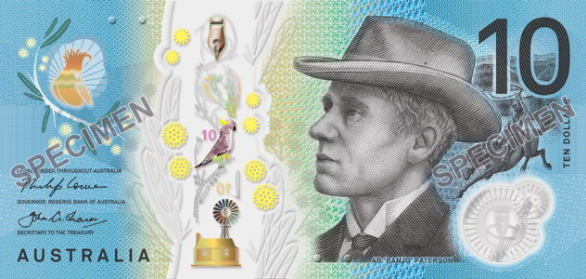The line of horses struggled in the desert hills, their fetlocks sinking deep in the soft, burning sand. The dust stirred by their efforts rose in the still, searing air. The relentless sun seemed intent on delivering one message: ‘Go home, Aussies. This place is for camels, not horses.’
It was the Sinai Desert, 1917 – more than one hundred years ago, during World War I.
After the evacuation at Gallipoli, ANZAC troops had been sent back to Egypt. From there, they were directed to participate in the liberation of the Holy Land, which was then ruled by the Sultan of the Ottoman Empire. Reunited with their horses, the men of the Light Horse set off across the desert, the emu plumes on their slouch hats waving.
As these men travelled, many of them were conscious that this was the route that Jesus, Mary and Joseph must have taken on returning from Egypt after escaping the murderous King Herod. They flicked through their Bibles, awed by the thought that they were following in the footsteps of Jesus, Abraham, Moses and other figures from the ancient Middle Eastern world.
They were riding into their own part of history on their faithful ‘Walers’ (a type of horse bred in Australia). The Walers had been brought out on troopships from Australia and corralled at Heliopolis in Egypt. Every farmer back home had been required to donate a horse to the war effort. However, they didn’t always choose to donate their best horses, as the men who had to train them were soon to learn!
A special team of men was tasked with breaking in and training this collection of feral brumbies (wild bush horses), farmer’s nags, and the occasional decent pony. And leading this team was an Australian man famous throughout the English-speaking world for his poetry: AB ‘Banjo’ Paterson, creator of The Man From Snowy River and Waltzing Matilda.
While many teenagers during the war had added a few years to their ages, pretending to be legally old enough to go to war, Paterson had dropped a couple of years from his. He turned fifty in the year the war began. He’d gone to London, hoping to be sent as a journalist to the Western Front in Flanders, but was unable to obtain a position. He drove an ambulance for a time in France.
But then, when he heard about the formation of the Australian Remount Squadron in the Middle East, he hurried home, knowing that he could make a contribution to the war effort in a different way.
He was commissioned in the Australian Imperial Force and was sent to Moascar in Egypt to command a motley group of men including buckjumpers, circus performers, farriers and veterinarians. Paterson’s team broke in thousands of horses and mules, shod them, fed them, groomed them, raced them, trained them for battle conditions – and made sure the best of them went to the ordinary, front-line troopers, even though, as Paterson noted, many of the officers tried to secure the best horses for themselves.
It was the behind-the-scenes efforts of these world-class trainers that made possible the famous Light Horse charge at Beersheba on 31 October 1917. As one trooper commented with his typical Aussie sense of humour, the success of the charge wasn’t about the heroism of the troops but about the fact that they couldn’t hold their thirsty horses back once they smelled the water in the wells of Beersheba.
The ANZACs were conscious that Beersheba was a significant place in Biblical history. This was the place where the liberation began of the land that God had promised to Abraham in the Old Testament of the Bible.
In fact, many of the people serving in the armed forces during World War I were very familiar with the Bible and the significance of some of the places they were serving in. The famous khaki New Testament titled On Active Service had been issued by the Bible Society to those serving in the Australian Army, and it also came in two different shades of blue for people in the Navy and the Air Force. More than one million copies were carried into war in shirt pockets.
Banjo Paterson was certainly no stranger to the Bible. His mother, Rose, had made sure that the family read the Bible regularly and prayed every night. Rose was very keen for her children to understand how the Scriptures emphasised concern for others and respect for all.
Banjo Paterson, famous for his writing, is immortalised on our ten dollar note. His time serving as a leader during World War I is one of the least-known parts of his life, maybe because – mysteriously – he never wrote poems about the great ‘Walers’ he worked so hard to train (or if he did, the poems have not survived).
Was this because he was too busy expressing his concern and respect for others – taught to him by his mother and the Bible – through his leadership and wartime service? Did he find it too sad to commemorate the loyalty and faithfulness of the horses when the authorities decided that all but one of the horses must be left behind after the war was over? (This was an unthinkable sadness for many Aussies, having to leave their ‘best mates’ behind.)
Paterson did, however, produce some poetry during the war. It’s not nearly as famous as his earlier ballads, but the patriotism, loyalty and larrikin spirit of the Aussie bushman shines through.
Written by Annie Hamilton.

